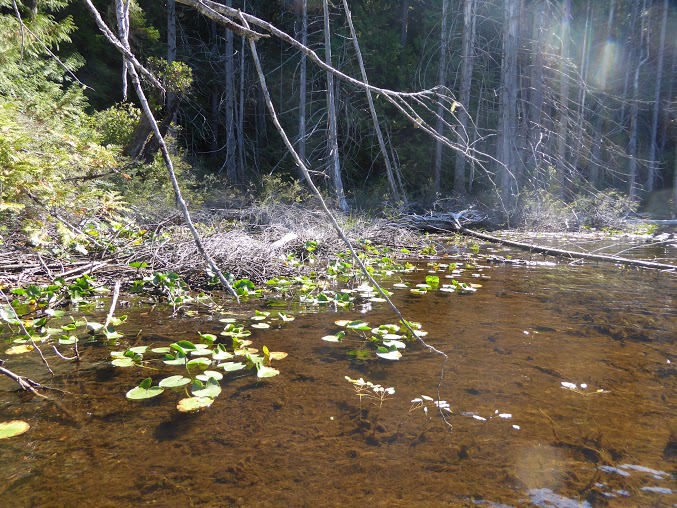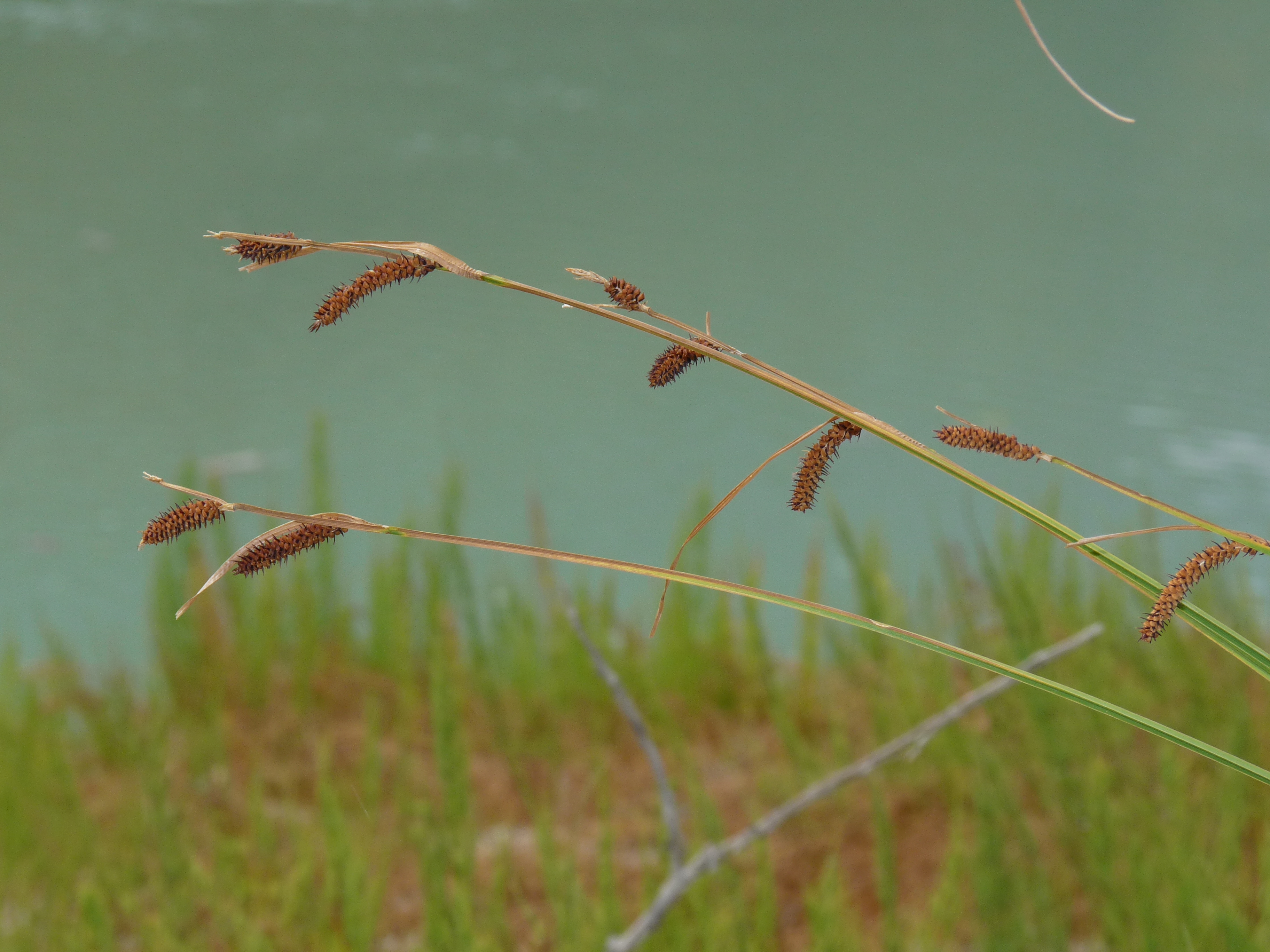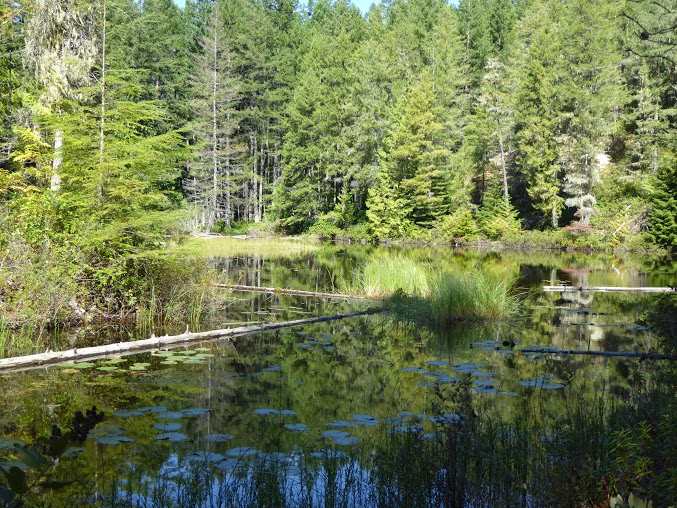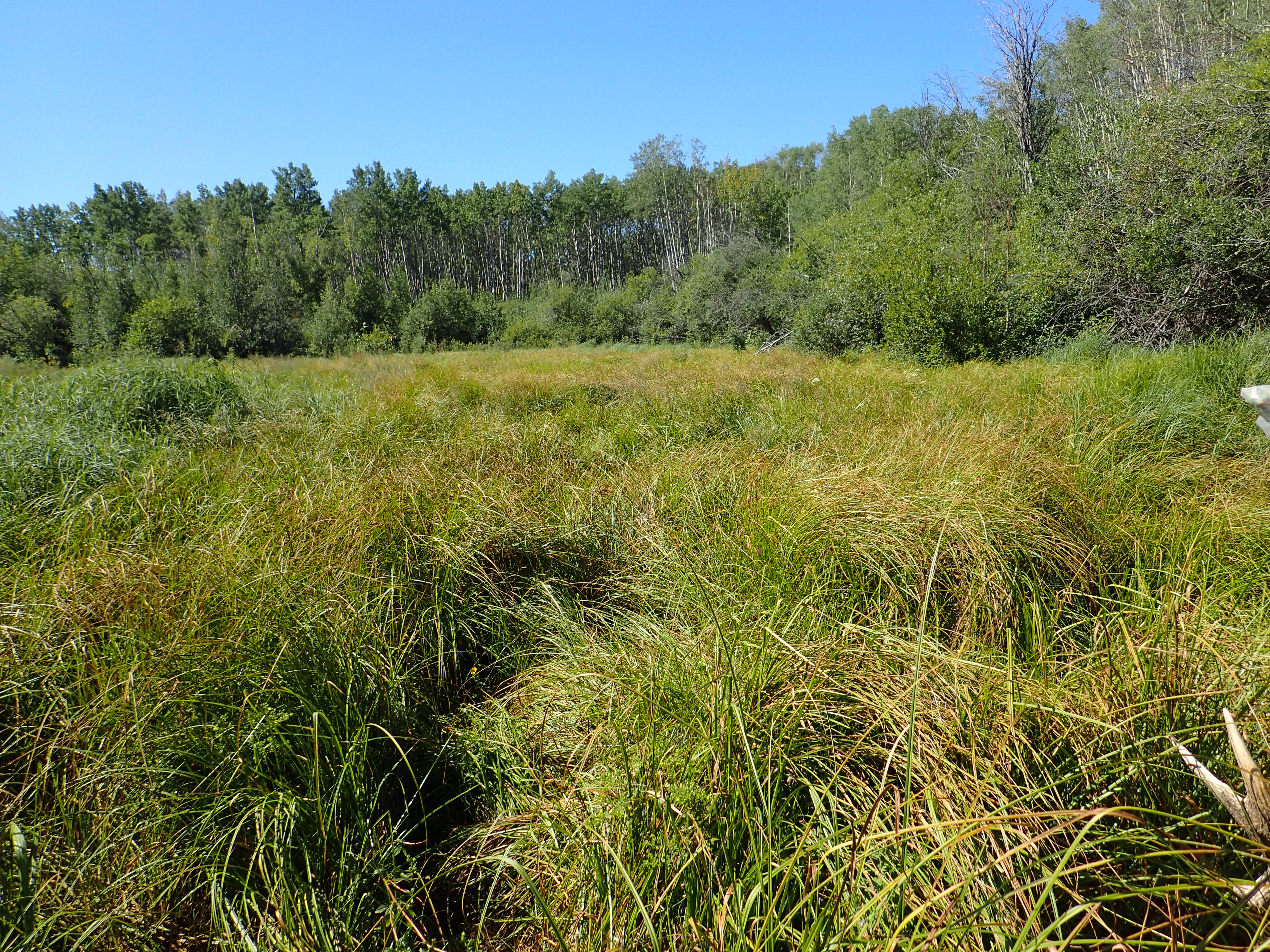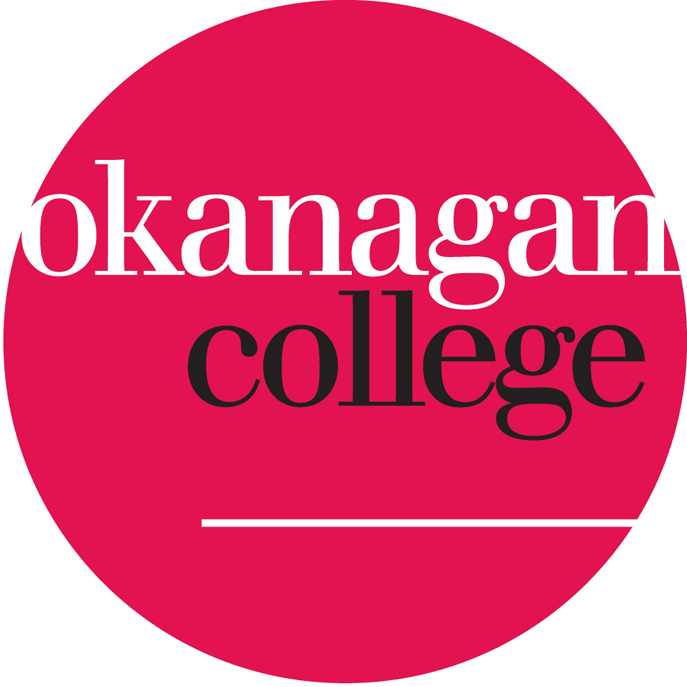Introduction to the Wetland Plants of British Columbia
- Start Date: July 25, 2017
- End Date: July 29, 2017
- Time: 9am - 5pm
- City: Revelstoke BC
- Venue: various field sites and Okanagan College - 1401 1 St W, Revelstoke, BC
- Instructor: Jamie Fenneman
- Two 2-day courses were offered: July 25-26 & July 28-29
PHOTOS: Jamie Fenneman
Course Description
This course introduces students to the freshwater vascular plants of British Columbia, providing them with an overview of prominent and ecologically important groups as well as giving them the skills to identify many species in the field. The course prioritizes the identification of families and easily-identifiable species, but will also covers species-level identification within more challenging genera so as to introduce students to the process of species-level identification using dichotomous keys. Other topics touched on in this course include the ecological, biogeographic, and evolutionary relationships of the focal plants, wetland classification and indicator plants, general plant terminology, and the proper collection and preparation of plant specimens. This course includes both classroom time and field trips to nearby wetlands.
Students enrolled in this course were also invited to participate in a Wetland Restoration workshop held on July 27th – see details on this free workshop at the bottom of this page.
See here for a collection of photos taken during this course
Included in this course:
- Textbook: Brayshaw. 1985. Pondweeds, Bur-reeds, and their Relatives: aquatic families of monocotyledons in British Columbia. (Valued at $25/copy from the Royal British Columbia Museum.)
- Tools to be supplied: hand lenses, plant presses (can purchase both from UBC herbarium if you would like your own.)
- Snacks and refreshments will be provided. Students will have the option of ordering lunch from La Baguette (highly recommended), or they can bring their own bagged lunch (there will be a place to order lunch in your registration form).
- Transportation: Students can expect to carpool with one another. Please let us know if you are able to help out in this regard (there will be a place in your registration form for this.)
To see the course outline, email Hailey with that request at office@cmiae.org
Our Instructor
Jamie Fenneman, R.P.Bio, Ph.D. (cand.), University of British Columbia, Botany Dept.
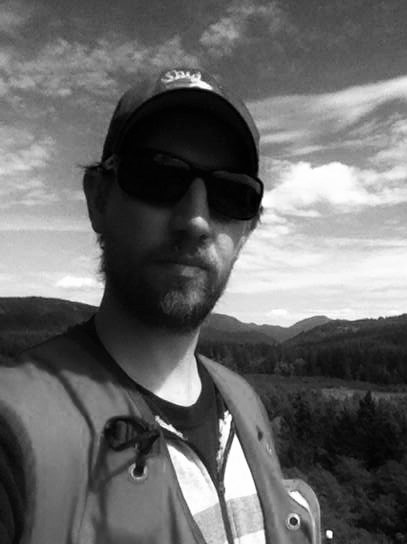 Mr. Fenneman has been studying the flora of British Columbia for more than 20 years, and has collected and documented plants throughout most of the province over the course of this period. He has worked as an environmental consultant since 2005, where he focuses primarily on vegetation community studies, rare plant surveys, and botanical inventories. He is currently in the process of completing a Ph.D. in Botany at the University of British Columbia, where he is studying the taxonomy and systematics of the sunflower family (Asteraceae) in British Columbia. He has also been a primary laboratory instructor in the field of plant taxonomy at UBC since 2013, and has instructed hundreds of students in the fields of plant identification and classification. You can contact Jamie at botrychiophile@gmail.com.
Mr. Fenneman has been studying the flora of British Columbia for more than 20 years, and has collected and documented plants throughout most of the province over the course of this period. He has worked as an environmental consultant since 2005, where he focuses primarily on vegetation community studies, rare plant surveys, and botanical inventories. He is currently in the process of completing a Ph.D. in Botany at the University of British Columbia, where he is studying the taxonomy and systematics of the sunflower family (Asteraceae) in British Columbia. He has also been a primary laboratory instructor in the field of plant taxonomy at UBC since 2013, and has instructed hundreds of students in the fields of plant identification and classification. You can contact Jamie at botrychiophile@gmail.com.
What to Bring?
- There is no mandatory pre-reading.
- Recommended reading: pages 6-8 and 29-35 In MacKenzie and Moran. 2004. Wetlands of British Columbia: a guide to identification. Available at here
- Other items to bring: Required – rubber boots; Optional – hand lens, binoculars, field notebook, hip waders, any field guides that you feel would be helpful.
Who Should Attend?
This course will be of interest to students, consulting biologists, government biologists, industry biologists, biological field techs and interested public.
Where to Stay?
We have set up a room-block at the Monashee Lodge, just one block away from the Okanagan College. Discounted room rates are available for $110/night plus tax. This includes a continental breakfast (hot breakfasts can be ordered at additional cost), and there is also a clean hot tub and infra-red sauna for your use. 250-814-2553. Please state that you are with “CMI” to receive the discounted rate.
Another option is to stay at the Gateway Inn where rooms are available at a 10% discount, rates starting at $99/night plus tax. Price includes a continental breakfast. The Gateway Inn is just across the street from Okanagan College. 250-837-2164. Please state that you are with “CMI” to receive the discounted rate.
If you are wanting to camp, we recommend the Lamplighter Campground which would only be about 10-15mins walk from the college. This campground is well-maintained and has all the amenities. 250-837-3385.
Both course dates for July 25-26 and 28-29 were full.
We partnered up with the Columbia Shuswap Invasive Species Society and the BC Wildlife Federation to host a FREE Restoration and Invasive Species Workshop to dovetail this course on July 27th, 2017 in Revelstoke BC.
This workshop will provided an overview of steps involved in restoring a wetland, including site selection, design considerations, and permitting requirements.The presentation shared examples of wetland restoration in the context of managing invasive species, some of the successes and some of the challenges in BC. Following morning presentations, the participants traveled to a field site to receive hands-on training in wetland restoration design.
About the Instructor: Neil Fletcher is the Wetlands Education Program Manager for BC Wildlife Federation. He has a broad range of experience regarding resource management, previously working for a watershed authority in Ontario, the Canadian Forest Service, and BC Hydro. Over the last 6 years, with BCWF, he has focused most of his efforts on wetland related issues within BC and since this time has delivered over 100 workshops or events to broad range of participants – many of these have involved hands-on restoration. He is the Chair of Wetlands Stewardship Partnership of BC, a multi-agency partnership that focuses on provincial priorities and that is currently working on standardizing a provincial wetland inventory with the Province. Neil also participates in a number of other steering and technical advisory committees supporting initiatives such as the Okanagan Wetlands Strategy, Aquatic Invasive Species of BC, and the National Wetlands Round Table. In 2016, he was named “Canadian Outdoorsman of the Year” by the Canadian Wildlife Federation, in part for the conservation and stewardship work he has accomplished in the Columbian Basin.
Thank you to our event host:

